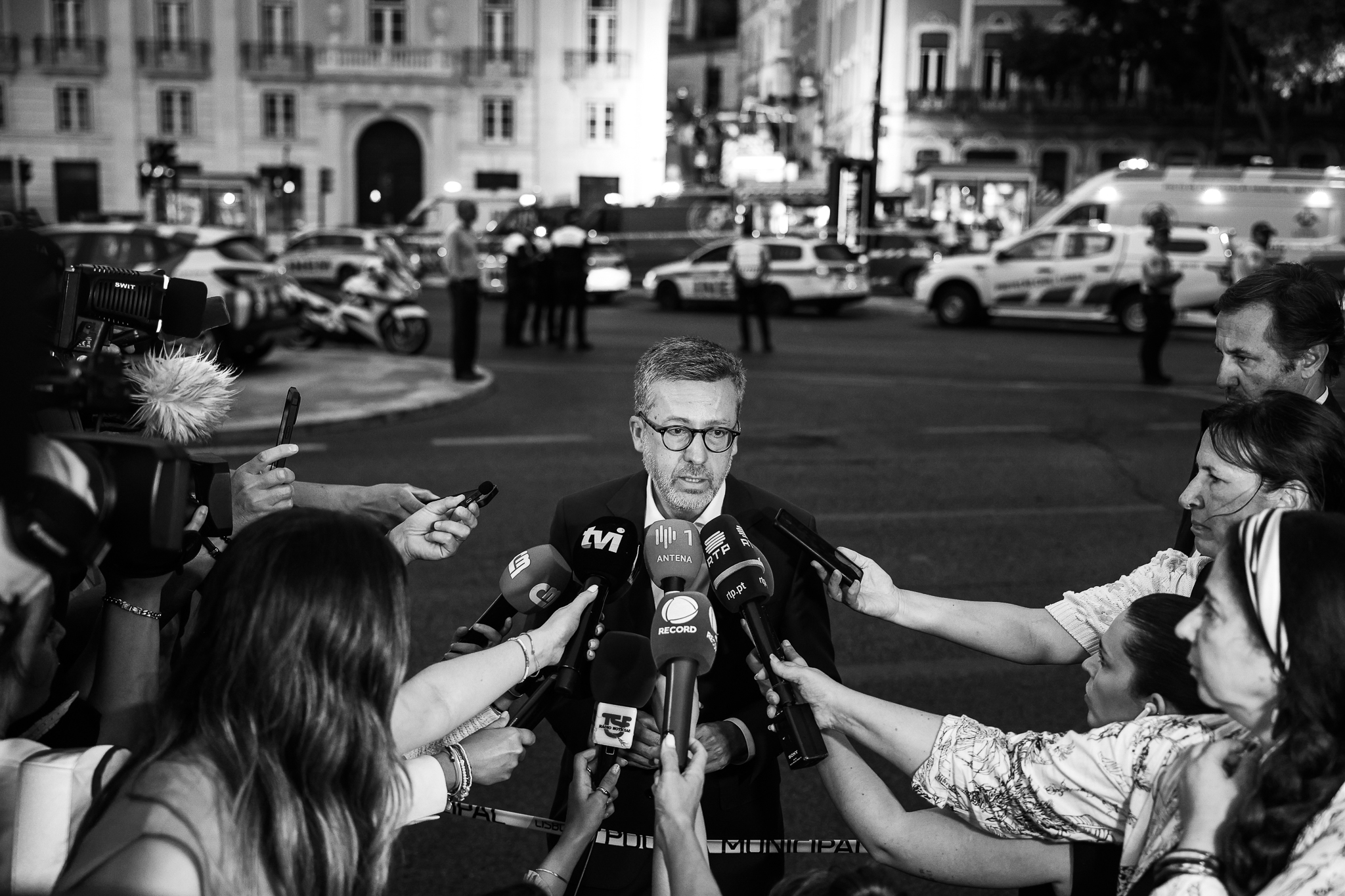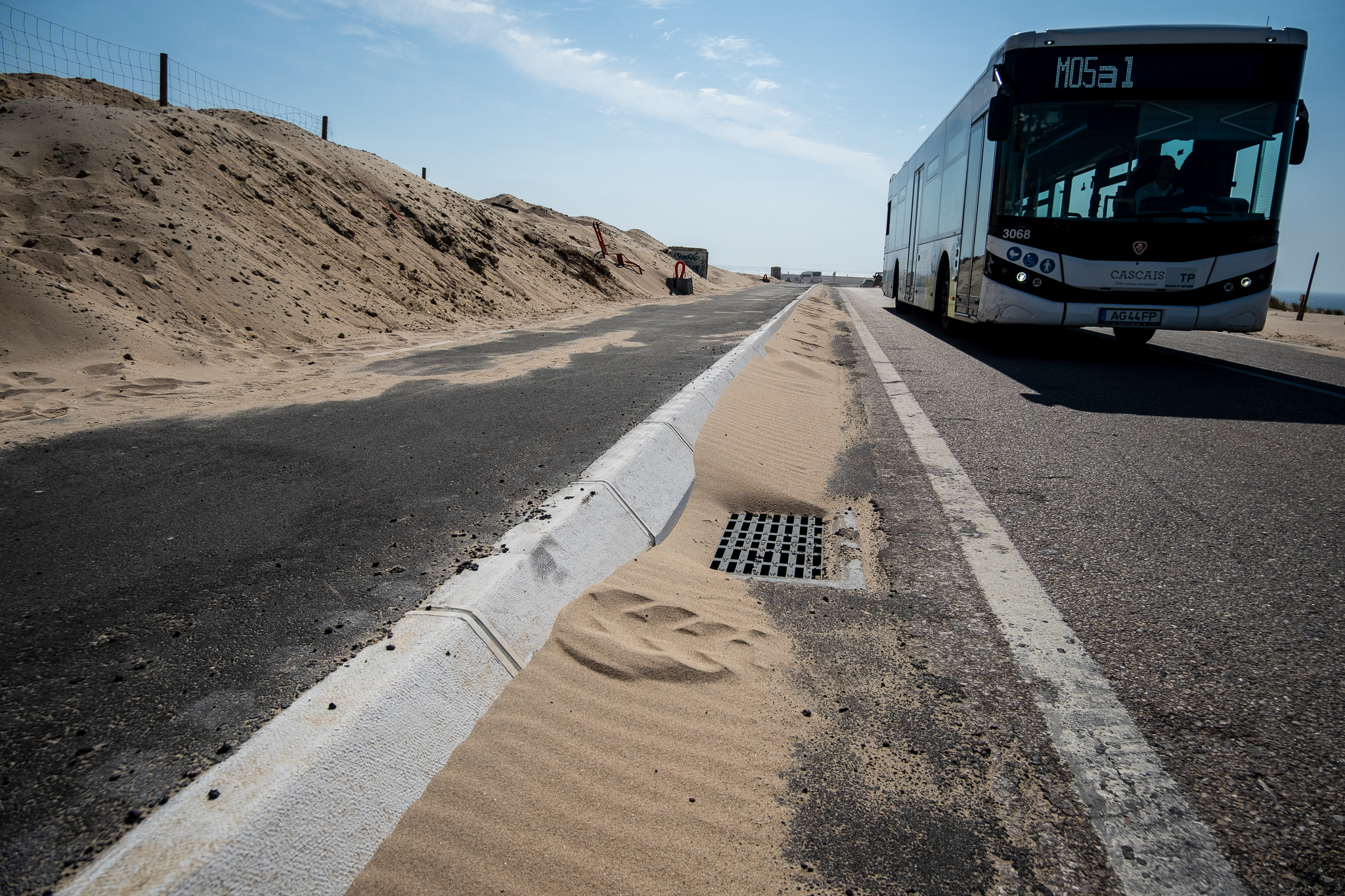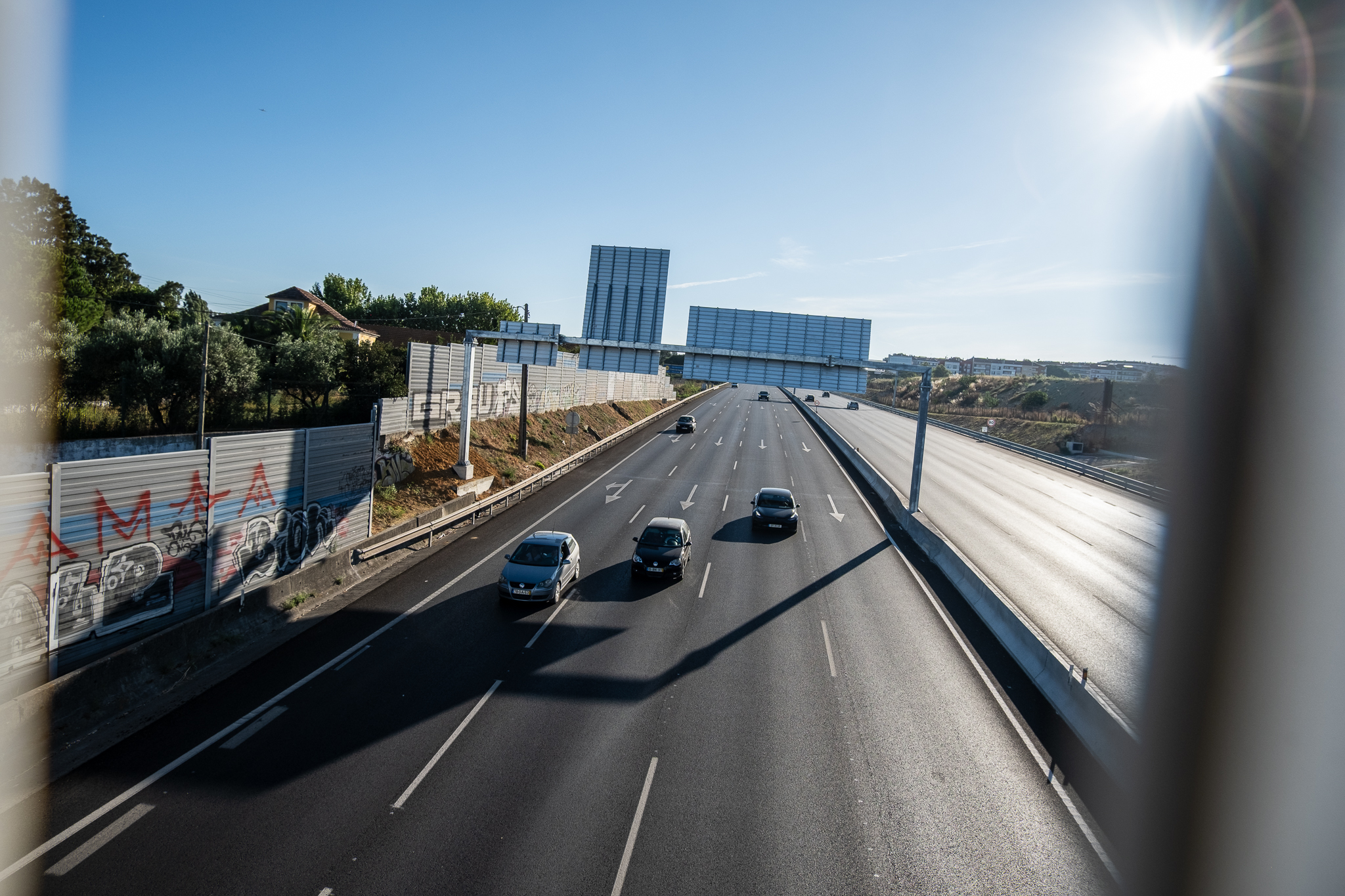Carris Metropolitana has public management (by TML) but the operation is divided into four lots, under concession to four different companies. Concession contracts clarify the obligations of each party and clarify the discussion about this public service.

Carris Metropolitana - which was launched in the South Bank between June and July - consists of a new brand of road transport for the entire Lisbon Metropolitan Area (AML). The brand and management of the entire operation is the responsibility of Transportes Metropolitanos de Lisboa (TML)a public company, 100% owned by the AML and consequently by the 18 municipalities that compose it. But the day-to-day, on-site operation of Carris Metropolitana is ensured by private companies under a concession regime. For this purpose, the Metropolitan Area was divided into four lots, two on the South Bank and two on the North Bank; by international public tender, it was determined which operator would get each lot, and this was the result:
| Counties | Operator |
|---|---|
| Area/Lot 1 Amadora, Oeiras and Sintra + intercity connections to Cascais + connections outside AML (Western Area) | Viação Alvorada |
| Area/Batch 2 Mafra, Loures, Odivelas and Vila Franca de Xira | Lisbon Bus Station |
| Area/Batch 3 Almada, Seixal and Sesimbra | Transportes Sul do Tejo |
| Area/Batch 4 Alcochete, Moita, Montijo, Palmela and Setúbal + intercity connections to Barreiro + connections outside AML (Central Alentejo area) | Alsa Todi |
Carris Metropolitana will be launched in the North Bank (Lots 1 and 2) on the first day of January 2023if everything goes as planned. In the South Bank, it has been giving some headaches, as we have already reported here e here. Carris Metropolitana's service consists of municipal and inter-municipal lines; however, in Lisbon, Barreiro and Cascais municipal operations will continue to be provided by the respective municipal companies - Carris, TCB and MobiCascais - with the new Carris Metropolitana running only inter-municipal service.
The concession contracts, available on the Base portal, make the obligations of each party clearer: TML, on the one hand, and the operators, on the other. The documents are available without its attachmentsThis includes details about the network, fleet requirements, human resources, passenger information services, performance evaluation and quality of service, and penalties for non-compliance.
You can see the contracts below:
Obligations on the TML side:
- define the network and its offerin the different Areas/Lots. Elaborate Supply Plans, in which the allocation of vehicles with certain characteristics (for example, that have a certain typology, that have a passenger counting system or that have video surveillance) to some lines is defined;
- stipulate the tariffThe operator cannot create its own fare pricing system. The revenue from the sale of tickets and passes reverts to TML, which, under what is pre-contracted in each Lot, distributes to each operator;
- make the "Carris Metropolitana" and "Navegante" brands available for use by operators, as well as the respective manuals/graphical standards;
- make occasional adjustments to services, "for reasons of public interest and by unilateral reasoned decision"They must communicate them to the operator(s) with "a minimum notice of thirty (30) days";
- exploit the advertising mediainside and outside the operators' fleet;
- provide and manage a public information systemThis is an application for cell phones, an institutional portal, GTFS data for third party platforms, and public information panels installed at bus stops and stations. The operator can provide content to be made available on these channels, such as "news and links relevant to passengers";
- evaluate the performance of the operator or the "entities acting on your behalf or at your direction, including subcontractors". This evaluation is done "based on actual data on execution" of the service, based on ticketing, for example, and other sources;
- conduct an annual "passenger survey on their satisfaction with the service provided by the operator".;
- renumber operators annually for the service provided. "If the number of passengers per vehicle kilometer (passengers/vehicle kilometers) in a given contract year increases compared to (...) the previous contract year, the operator is entitled to receive (...) an annual bonus amount";
- penalize an operator in case of non-compliance of its contractual obligations whenever "such non-compliance is attributable to him"and should "be preceded by prior written communication" to the operator concerned.
Obligations on the operators' side:
- operate the service in the fieldaccording to TML's plan, ensuring "a quality, fast, safe and efficient Passenger public transport service";
- "proceed, on its own initiative, to reinforce the offer of the public transport service to meet the occasional increase in demand that may be expected on a given date(s) and/or schedule(s) and which do not constitute a permanent change in supply".. You should also adapt the offer to "unforeseen events"such as road accidents and traffic restrictions;
- hire human resources "in adequate quality and number" for the operation;
- To have a fleet for operation (recent and successively renewed), duly customized with Carris Metropolitana's identity, and at least one park for materials and workshops. This equipment and infrastructure may be subcontracted by the operator to third parties;
- have sales and passenger service points, and bus stop signaling elements (such as poles, postcards and flags), and all these elements must have Carris Metropolitana's uniform image. The sale of tickets on board and at points of sale is the responsibility of the operators, despite the single brand - the revenue must be remitted by the operator to TML;
- submitfor approval by TML:
- "an annual Operation Plan prepared in full compliance with the current Offering Plan".. This Plan should contain the departure and passage times of the circulations at each stop, the details of each vehicle in the fleet (such as the typology, age and manning), the number of planned circulations and kilometers (in service and empty) and the estimated demand, among other information;
- Monthly Operation PlansIt should detail adjustments to supply, human resources data, and a more detailed characterization of the fleet.
- can propose changes to the Offering Plan to TMLand is obliged to adjust its Operating Plans to the eventual new TML Offering Plans;
- maintain the fleet and all other equipment and infrastructure in its chargeThis includes signage at stops, for example. Repair "any components, elements or goods" that are "damaged by acts of third parties, including vandalism";
- use TML's management platform and ticketing system;
- provide an automatic passenger counting system at "number of fleet vehicles that corresponds to at least 10% (ten percent) of the total fleet vehicles" and a video surveillance system in at least 20%. O wi-fi service must be in the entire fleet. The operator is also available for the installation and maintenance of other "technological systems and equipment"namely an "eco-driving farm support system" for drivers and vehicle geolocation, e an "public information system" (the screens on buses);
- carry out surveillance actions with the passengers, "in order to guarantee a monthly surveillance fee corresponding to 0.5% of passengers carried monthly, per line". It is up to the operator to have the "dimensioned equipment and personnel" to meet this rate, with a "adequate training".
Update on 10/24/2022 at 9:00 PM: the article in question had a serious flaw in that it implied that the documents were released today by a citizens' movement. We apologize to our readers, and we appreciate the comment from one of them.










